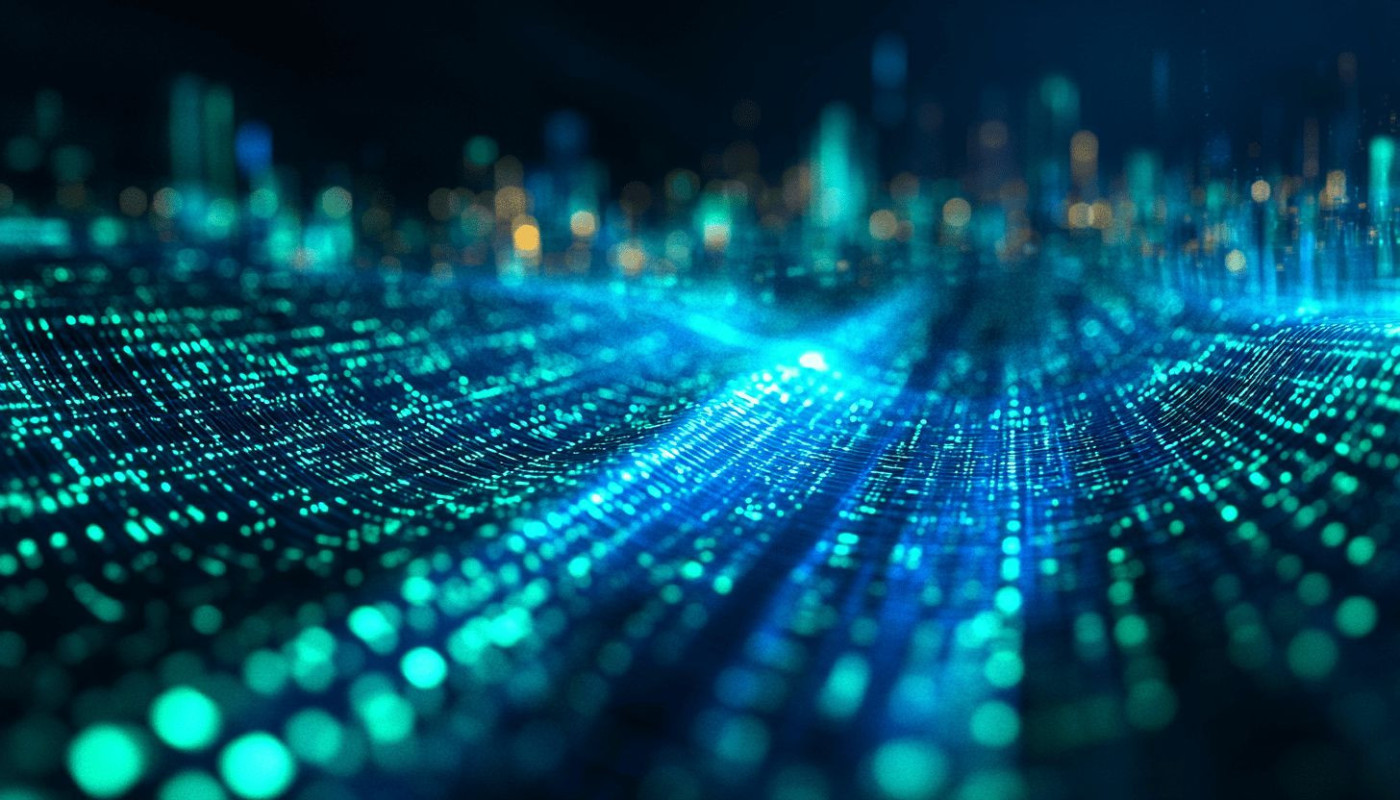Table of contents
Beneath the surface of the Internet that we know, lies a deep and enigmatic world known as the Dark Web. This alternate digital universe is an immense reservoir of hidden activity, often associated with variously illicit and illegal activities. The anonymity it provides has made it a hub for numerous worrying transactions: from selling contraband to hosting forums about unauthorized hacking. Yet despite its dark reputation, not everything within this underbelly of the internet is tied to nefarious purposes. Interested in learning more? Let's journey into this mysterious realm together.
Understanding the Concept of Dark Web
The Dark Web represents a distinct segment of the internet that is not indexed by traditional search engines and requires special software, such as the Tor network, to access. In contrast to the surface web - the part of the internet we interact with on a daily basis - and the deep web - the section of the internet that contains non-indexed pages such as email inboxes, the Dark Web operates within a highly encrypted environment where users can browse and share information anonymously. This secrecy has unfortunately contributed to the Dark Web's reputation as a hub for illegal activities, although it also serves as a platform for whistleblowers and activists to share sensitive information without fear of reprisal.
A key technology underpinning the Dark Web is onion routing, a method of transmitting data over a network in a way that prevents eavesdropping. Onion routing encapsulates a message in several layers of encryption, analogous to the layers of an onion, and sends it through a series of network nodes called onion routers. Each node peels away a single layer of encryption to uncover the data's next destination. By the time the message reaches its final destination, all encryption layers have been removed, and the original message is revealed. This complex process is what allows users to maintain anonymity and preserve the integrity of their data on the Dark Web.
The Allure of Anonymity
At the heart of the Dark Web's appeal is the allure of anonymity. This online realm utilizes advanced encryption technology to mask a user's identity and activities, making it a haven for those seeking privacy protection. Anonymity online, particularly on the Dark Web, is a double-edged sword. While it provides a platform for online surveillance resistance and protects users from prying eyes, it simultaneously opens the door to illicit activities such as cyber crime.
Privacy-focused individuals, in particular, are drawn to the Dark Web. Their desire for an anonymous web existence far surpasses what conventional platforms can offer. To these individuals, the Dark Web provides a rare space where they can freely express their thoughts without the fear of being monitored or censored. Cybersecurity professionals, on the other hand, see the Dark Web as a space that needs to be monitored to curb nefarious activities.
Such a complex ecosystem of anonymity, privacy, and crime can only be fully understood through the lens of a seasoned cybersecurity analyst or a privacy rights advocate. These individuals understand the importance of cryptography - a technical term that refers to the practice of securing communication in the presence of adversaries. It is this interplay of technology, privacy, and security that makes the allure of the Dark Web a captivating topic of discussion.
Navigating through Unseen Dangers
The Dark Web, often perceived as an abyss of the Internet, is fraught with numerous unseen dangers. The paramount concern for any user plunging into this enigma is the cybersecurity risks. These risks may include malware infections that could silently creep into your device, compromising your data and privacy. Moreover, phishing attacks are rampant, designed to deceive users into divulging sensitive information like passwords or credit card numbers.
In addition to these cyber threats, the Dark Web is a breeding ground for illegal trade operations. It is notorious for its unregulated marketplaces, dealing in everything from narcotics to firearms. One cannot underestimate the risk associated with these black market dealings.
Another pivotal danger linked with the Dark Web is identity theft. Your personal information might become the target of unscrupulous actors looking to exploit it for financial gain. Furthermore, it is not just individuals who are vulnerable; businesses too face significant risks, with their sensitive corporate data often being prime targets.
In light of these hazards, the importance of robust cybersecurity measures cannot be overstated. It is, after all, a matter of not just safeguarding your digital presence, but also your real-world identity and assets.
Legal Consequences & Ethical Implications
The understanding of the possible legal consequences is fundamental when navigating through the darknet markets. Missteps can unknowingly lead to crossing the boundaries of legality. Cyber law enforcement agencies across the globe are always on the lookout for potential illegal activities happening in this part of the internet. In the case of any unlawful conduct, cyber forensics plays a vital role in tracking down the offenders. The process involves Cyber Forensic Examination, a technical term that refers to the thorough analysis and reporting of digital data with the intention of using this data as evidence in the court of law.
Besides the legal repercussions, the ethical implications of exploring these shady parts of cyberspace are manifold. The very nature of the dark web, known for its anonymity and unregulated content, poses numerous ethical dilemmas. A person's online behavior in this realm can easily cross into unethical territories, such as engaging in activities that harm others or infringing upon someone else's rights.
Having an expert perspective on these matters could lend significant authority to the context. Legal experts specializing in cyber issues can provide valuable insights into the laws and regulations that govern online behavior, offering a clearer picture of the potential legal consequences and ethical implications associated with navigating the dark web.
Similar articles

How To Streamline Your Team's Social Media Management?

How To Ensure Safety When Buying Gaming Credits Online?

